Good Las Vegas Event Photographer
New to photography? Need some beginner-friendly photo tips to help you get up and running with your camera? Digital photography can be daunting when you’re a beginner. All the confusing camera controls, customization options, and photography jargon – it’s bewildering. Be sure to check out the event photographer’s survival guide.
If you are going to be a Las Vegas event photographer then you can follow the tips mentioned below and get yourself ready to take the perfect shot and create an event photographer best practices guide for yourself.
Don’t stress about the quality of your digital camera – It’s easy to find yourself going around in circles when it comes to photographic equipment, and all too easy to believe that the camera gear you own is holding you back. But really, it isn’t: any camera is capable of producing a stunning picture. Yes, some digital cameras will give you a wider dynamic range, and others may have a more responsive AF system.
But ultimately, the success of a photo comes down to its composition – what you choose to include (and leave out) of the picture, and how you arrange it in the frame.
Don’t feel you have to use the camera manually – The camera’s autofocus system is generally a much faster option than manual focus – although you’ll get more accurate results if you tell the camera where you want it to focus by manually selecting one of the AF points in the viewfinder.Auto ISO can be another life-saver. Here, the camera will raise and lower the ISO sensitivity as you move from dark to bright conditions, improving your chances of taking a sharp photo
Wait for the right light – This is what photography is all about, really: thinking about the light in terms of its quality, quantity, and direction, and how it suits the subject.
To reveal detail and reduce the contrast of a scene, shoot when the light is soft and diffused. Outdoor portraits and macro photos look great when shot under bright but overcast skies. Less so at midday on a bright, clear day – the light is just too harsh.
Landscape photographers set their alarms for the early hours for a reason. The rich, raking light at sunrise (and sunset) adds warmth and texture to rural and coastal shots.
Experiment with backlighting and taking photos when a subject is lit from the side for more dramatic results. Shoot with the sun behind you by all means, but make sure your shadow doesn’t creep into the photo.
In short, keep an eye on the light and find a camera position that best takes advantage of it. Remember there are many different types of event photographers.
Are you ready to capture the magic of every unforgettable moment? Being a good event photographer is an art that goes beyond just clicking a button. It’s about immersing yourself in the occasion, seizing fleeting emotions, and preserving memories that will last a lifetime. In this article, we will delve into the skills, techniques, and mindset you need to master to excel in this fast-paced and exhilarating field.
Whether you’re covering a wedding, corporate event, or a music festival, a good event photographer needs to possess exceptional observational skills, a keen eye for detail, and the ability to anticipate moments before they happen. This allows you to capture the essence, energy, and authenticity of the event. Additionally, having excellent interpersonal skills is crucial in order to connect with clients and subjects, making them feel comfortable and enabling you to capture their true essence.
Join us on this journey as we explore the art of being a good event photographer, providing you with invaluable tips, techniques, and inspiration to take your photography to the next level. Get ready to capture the magic, freeze the moments, and become a master storyteller with your camera.
The Importance of Event Photography
Event photography plays a vital role in preserving memories and documenting special moments. Whether it’s a wedding, corporate event, or music festival, photographs serve as a tangible reminder of the occasion. They capture emotions, interactions, and the overall atmosphere, allowing people to relive those cherished moments for years to come. As an event photographer, you have the power to create visual narratives and tell stories through your lens.
In addition to personal memories, event photography also serves a practical purpose.
Businesses often rely on event photographs for marketing and promotional purposes. These photographs showcase the success of their events, the engagement of attendees, and the overall brand image. Event photography can also help attract new clients and sponsors, as it provides visual proof of the quality and impact of the events.
Skills and Qualities of a Good Event Photographer
To excel as an event photographer, you need a unique set of skills and qualities. First and foremost, exceptional observational skills are crucial. As an event photographer, you must be constantly aware of your surroundings, anticipating moments before they happen. This allows you to capture candid shots that truly reflect the energy and authenticity of the event.
A keen eye for detail is another essential skill. Paying attention to the little things can make a big difference in your photographs. From capturing intricate decorations to capturing the subtle expressions on people’s faces, the ability to notice and capture these details adds depth and richness to your event photographs.
Apart from technical skills, excellent interpersonal skills are also important for an event photographer. Building rapport with clients and subjects is essential to make them feel comfortable in front of the camera. This enables you to capture their true essence and genuine emotions, resulting in more compelling and authentic photographs.
Essential Equipment for Event Photography
Having the right equipment is essential for capturing stunning event photographs. While the specific gear may vary depending on the type of event and your personal preferences, there are some essential items that every event photographer should have in their arsenal.
A high-quality DSLR or mirrorless camera is a must-have. These cameras offer versatility, allowing you to capture a wide range of shots in different lighting conditions. Invest in a camera body that suits your needs and preferences, and make sure to have a variety of lenses to cover different focal lengths.
In addition to the camera, a sturdy tripod is essential for stability, especially in low-light situations. It helps eliminate camera shake and allows you to take long exposure shots without blurring. A reliable external flash is also important for capturing well-lit photos in challenging lighting conditions.
Other essential accessories include extra memory cards, spare batteries, and a camera bag to protect and transport your gear. It’s always better to be prepared with backups to avoid any mishaps during an event.
Preparing for an Event Shoot
Preparation is key to a successful event shoot. Before the event, familiarize yourself with the venue and the schedule. This will help you plan your shots and anticipate key moments. If possible, visit the venue beforehand to get a sense of the lighting conditions and any potential challenges you may face.
Communicate with the event organizers to understand their expectations and any specific shots they require. This will ensure that you capture the important aspects of the event and meet the client’s needs. Having a shot list or a mood board can also help stay organized and focused during the event.
On the day of the event, arrive early to set up your equipment and get a feel for the atmosphere. Dress appropriately and professionally, as you are representing your brand as an event photographer. Make sure to have all your gear ready, batteries charged, and memory cards formatted.
Capturing the Key Moments at an Event
The success of an event shoot lies in your ability to capture the key moments that define the occasion. While every event is unique, some universal moments are worth focusing on.
Start by capturing the overall atmosphere and the venue. Wide-angle shots can help convey the scale and ambiance of the event. Pay attention to the decorations, lighting, and any unique features that make the event stand out.
Next, focus on capturing the interactions and emotions of the attendees. Candid shots are often the most powerful, as they capture genuine expressions and reactions. Look for moments of laughter, tears, and joy, as they create a connection between the viewer and the photograph.
Don’t forget to capture the details. From close-up shots of the food and drinks to capturing the intricate details of the decorations, these shots add depth and context to your event photographs.
Lastly, be on the lookout for any planned moments or special performances. These can be the highlight of the event, and capturing them in their full glory will ensure that your photographs stand out.
Tips for Working with Event Organizers and Clients
Building a good relationship with event organizers and clients is crucial for your success as an event photographer. Effective communication and professionalism go a long way in establishing trust and ensuring a smooth working relationship.
Before the event, have a detailed discussion with the event organizers to understand their vision and expectations. This will help you align your creative approach with their needs. Keep an open line of communication throughout the event, checking in with them to make sure you are capturing the shots they desire.
During the event, be respectful of the organizers’ and clients’ time and space. Avoid obstructing the view or causing any disruptions. Always ask for permission before taking photographs of individuals, especially if they are not part of the event.
After the event, deliver the photographs promptly and in the agreed-upon format. Take the time to edit and enhance the photographs to ensure they meet the client’s expectations. Providing a seamless and professional experience will make you a trusted and sought-after event photographer.
Editing and Delivering Event Photos
Editing is an essential part of the event photography process. It allows you to enhance the colors, adjust the exposure, and bring out the best in your photographs. However, it’s important to strike a balance between enhancing the images and maintaining their authenticity.
Start by organizing your photographs and selecting the best shots from the event. Use reliable photo editing software to make adjustments to the exposure, contrast, and colors. Pay attention to the white balance to ensure accurate color representation.
Avoid over-editing your photographs, as it can make them look unnatural. Aim for a clean and timeless look that accurately represents the event. Once you are satisfied with the edits, export the photographs in the desired format and resolution.
When delivering the final photographs to the client, provide a secure and convenient method. Online galleries or cloud storage platforms are popular choices for sharing event photographs. Make sure to communicate any copyright or usage restrictions to the client to protect your work.
Marketing Yourself as an Event Photographer
To succeed as an event photographer, you need to market yourself effectively. Building a strong online presence is crucial in today’s digital age. Create a visually appealing website or portfolio that showcases your best work. Include a variety of event photographs that highlight your versatility and style.
Utilize social media platforms to reach a wider audience. Regularly post your work, engage with your followers, and collaborate with other professionals in the industry. Share behind-the-scenes glimpses of your process and provide valuable tips and insights to establish yourself as an authority in event photography.
In addition to online marketing, offline networking is also important. Attend industry events, conferences, and workshops to connect with potential clients and industry professionals. Build relationships and collaborate with other event vendors, such as wedding planners or corporate event organizers, to expand your network.
Don’t underestimate the power of word-of-mouth marketing. Provide exceptional service and deliver high-quality photographs to your clients. Satisfied clients are more likely to recommend you to their peers, helping you grow your business through referrals.
Networking and Building Relationships in the Industry
Networking is essential in the event photography industry. Building relationships with event organizers, fellow photographers, and industry professionals can open doors to new opportunities and collaborations. Here are some tips for effective networking:
Attend industry events and workshops to meet like-minded professionals.
Join online photography communities and forums to connect with photographers from around the world.
Offer to assist or second shoot for established event photographers to gain experience and exposure.
Collaborate with other event vendors, such as makeup artists or wedding planners, to expand your network.
Be genuine and approachable. Building authentic relationships is key to long-term success in the industry.
The Rewards of Being a Good Event Photographer
Being a good event photographer is a fulfilling and rewarding profession. From capturing the joy of a wedding to documenting the success of a corporate event, your photographs have the power to evoke emotions and preserve memories.
By honing your skills, investing in the right equipment, and building strong relationships with clients and industry professionals, you can excel in this fast-paced and exhilarating field.
Remember, being a good event photographer is not just about clicking a button; it’s about immersing yourself in the occasion and becoming a master storyteller with your camera.
So, are you ready to capture the magic, freeze the moments, and embark on an exciting career as an event photographer? The journey awaits you.
Call or text 702-530-4384 or email us at info@christianpurdie.com to book your Las Vegas photography session.

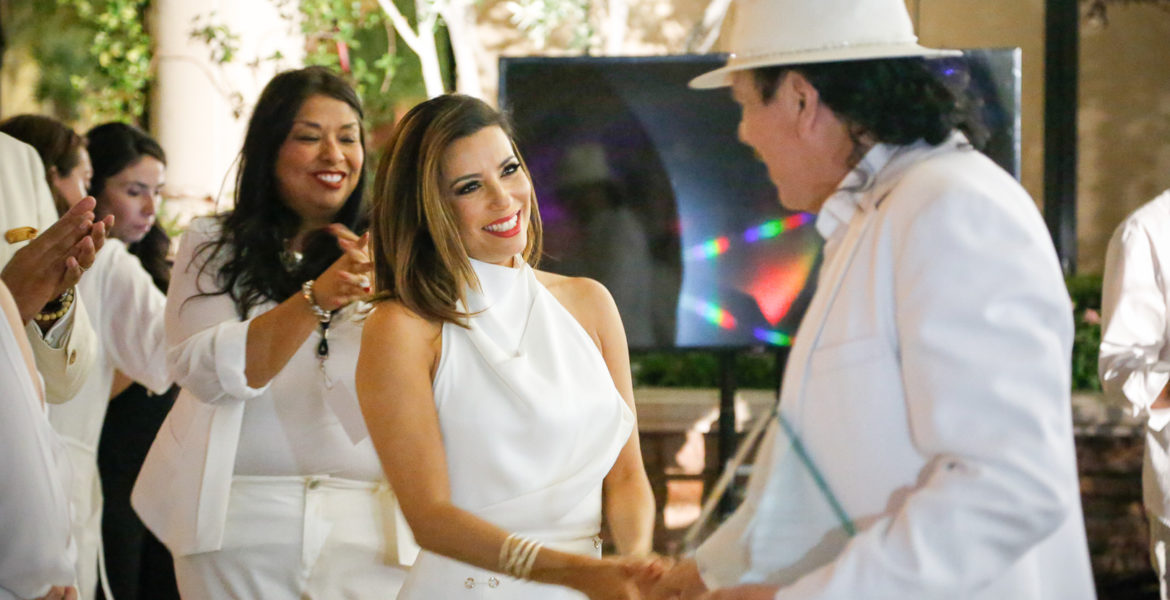
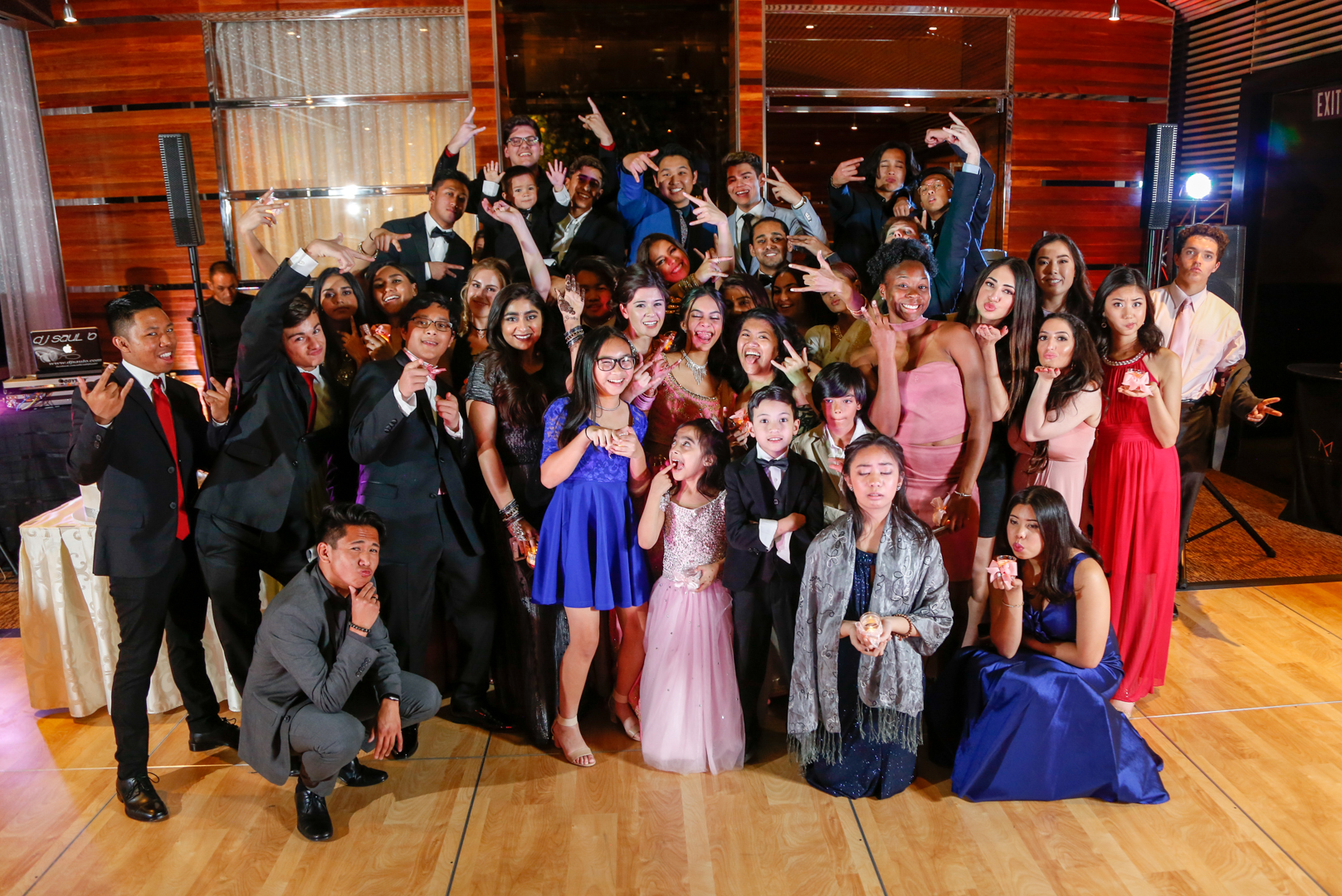
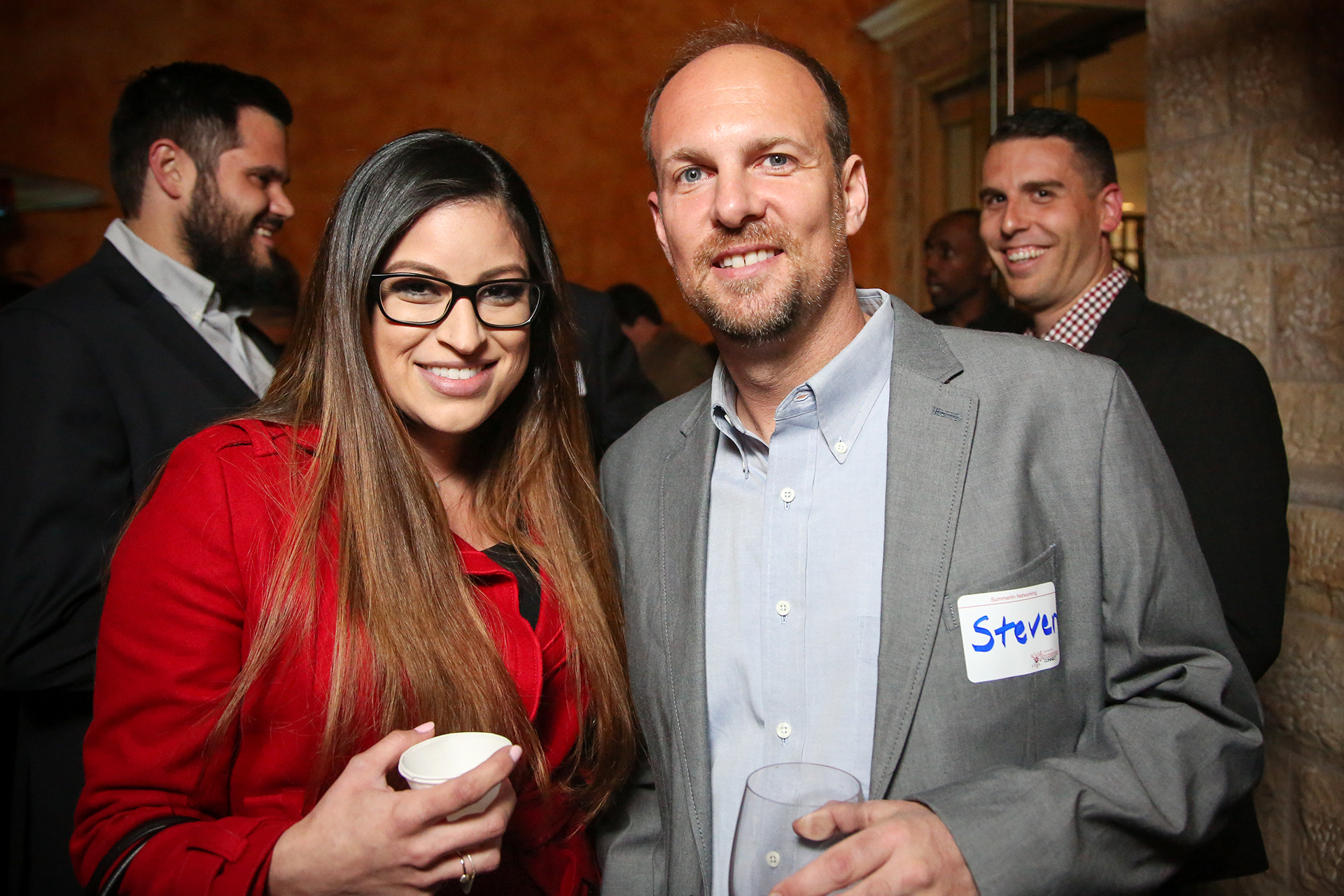
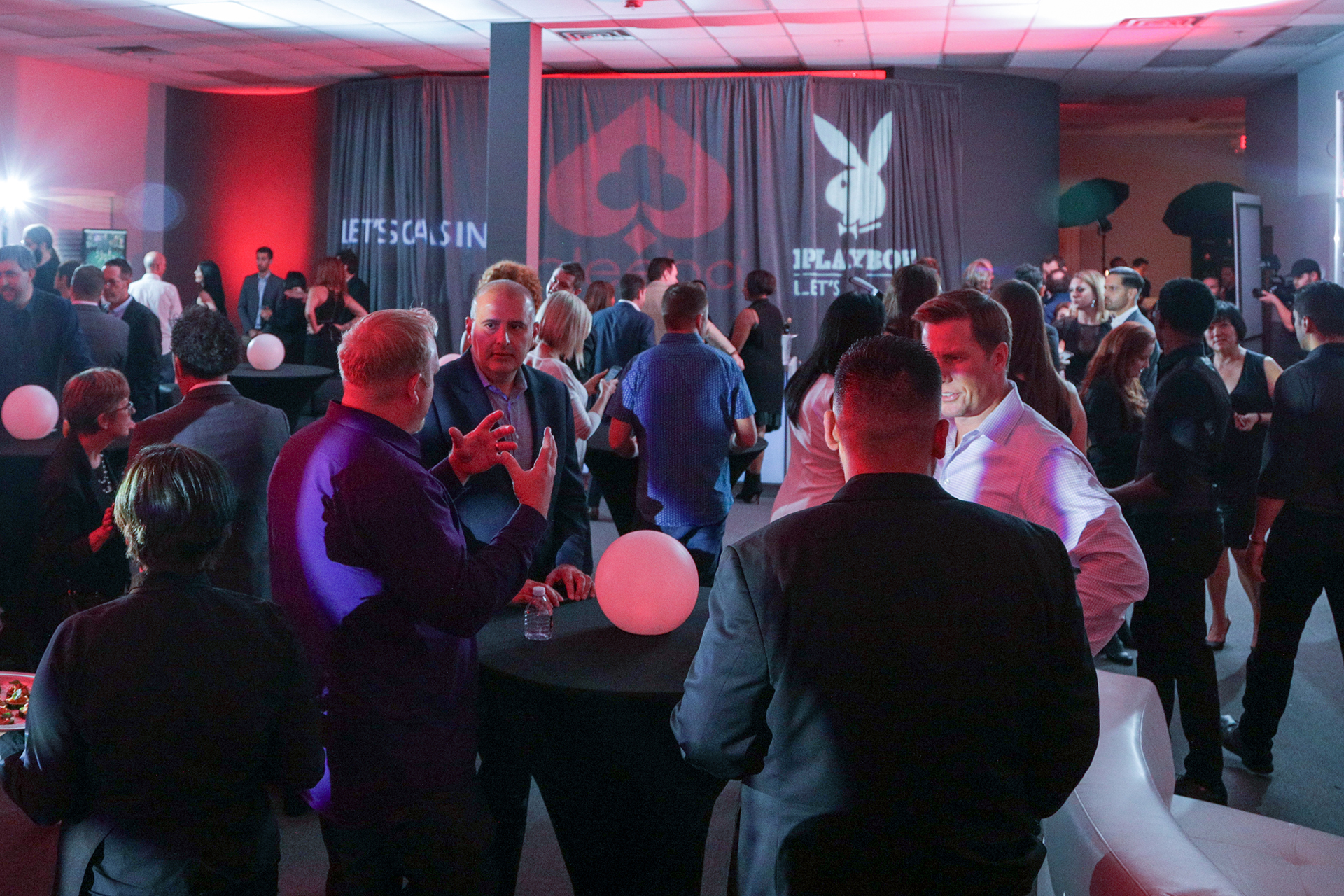
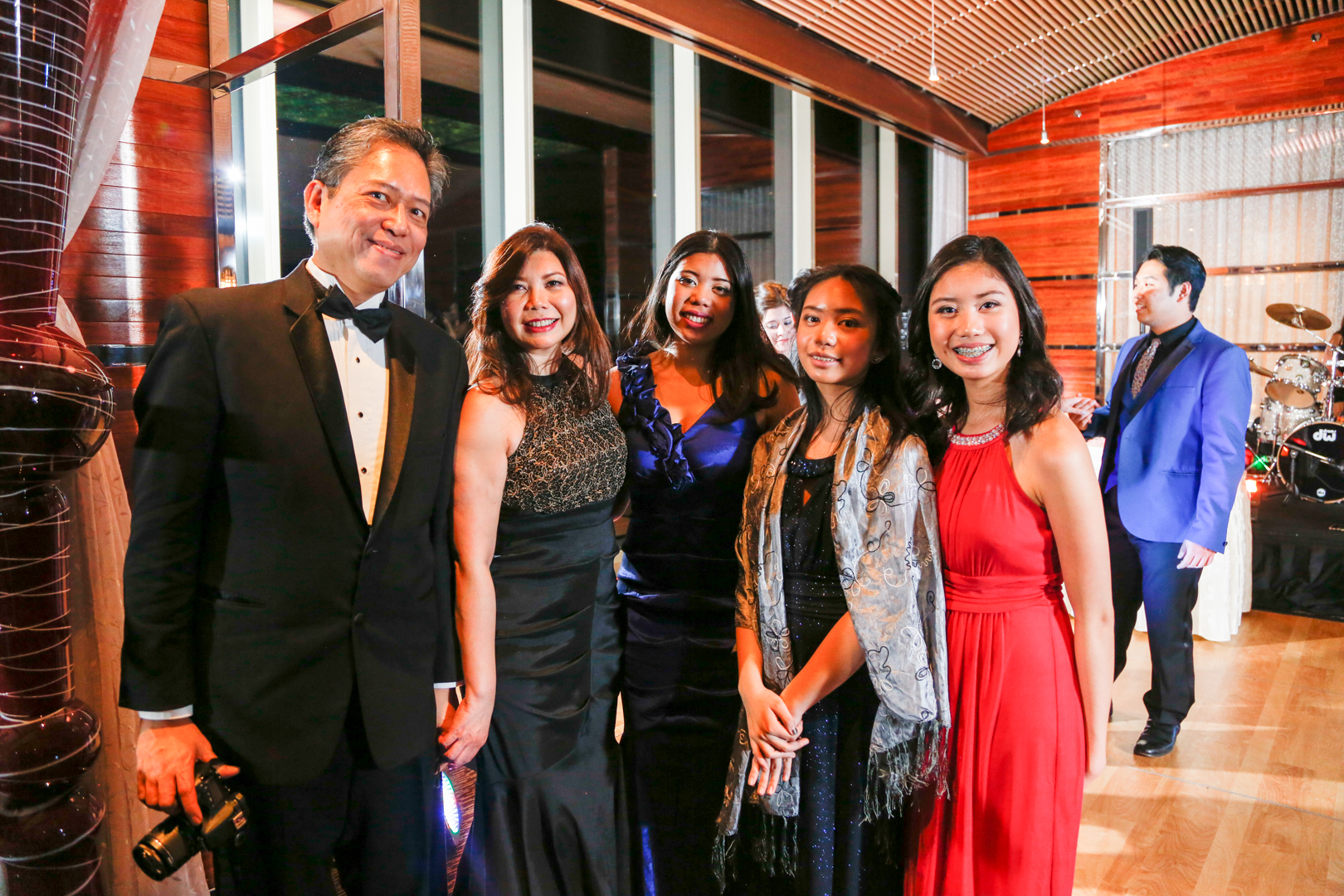
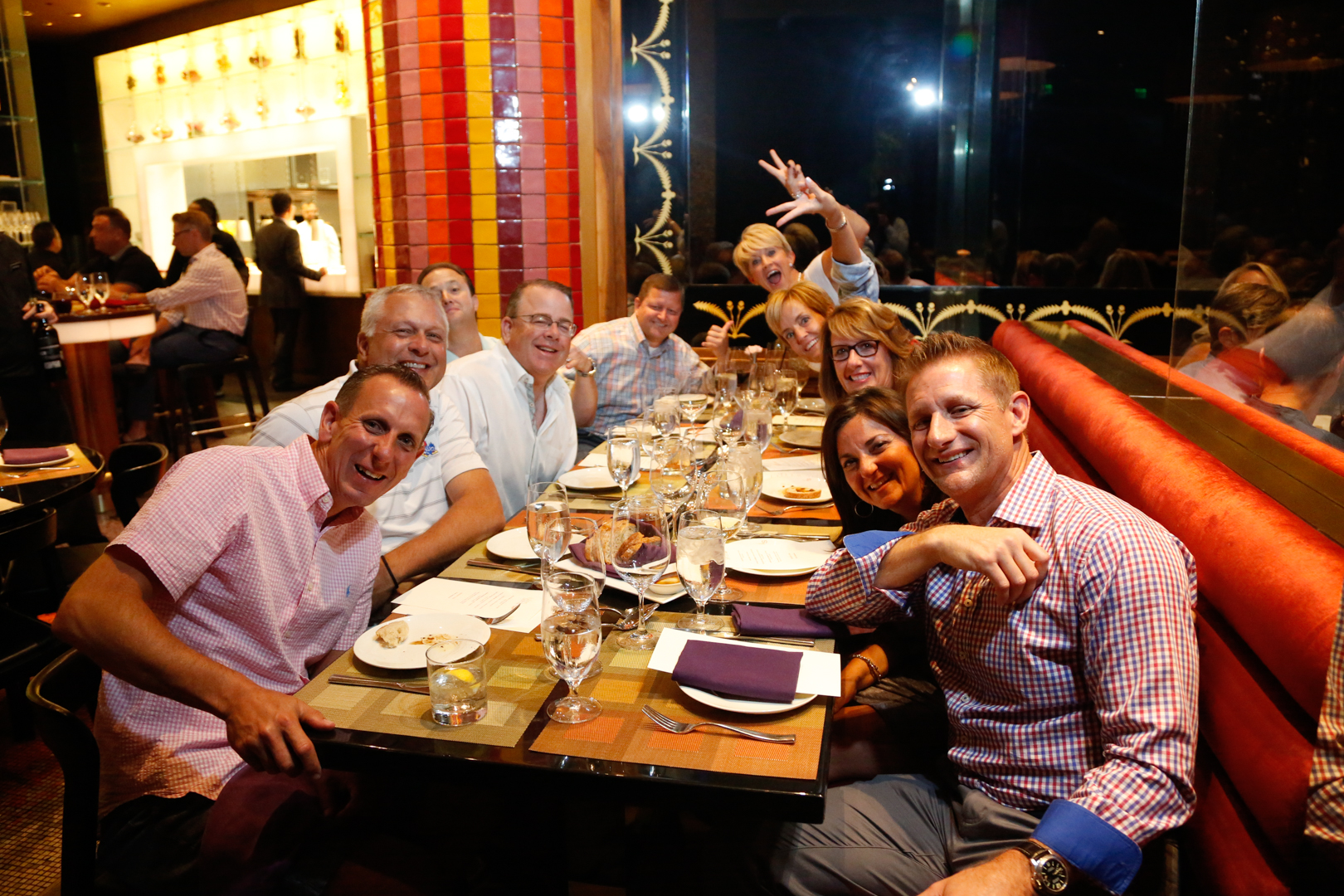
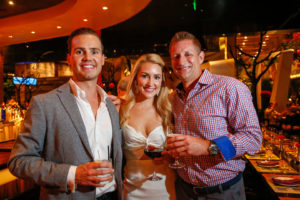
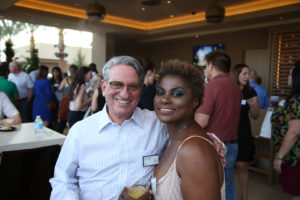
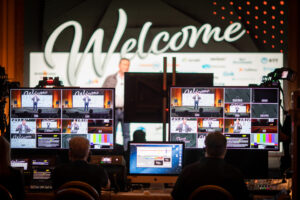
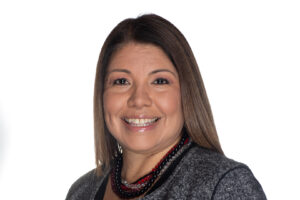

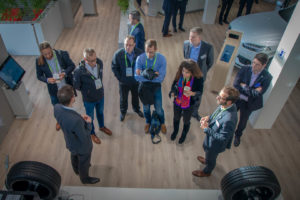
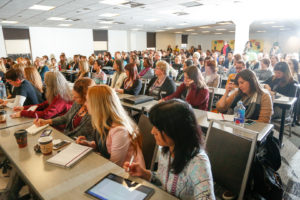
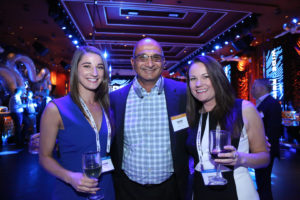

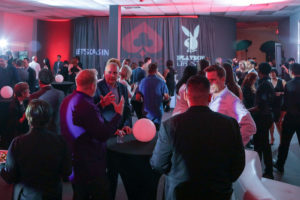
[…] will tell you a great story about the style of the photographer so be sure to look and find a good event photographer that fits your needs. Being a Las Vegas event photographer I have the opportunity to visit some […]
[…] Corporate Event Photographer: My Approach. […]
[…] thousands of events from the stately to the professional, the casual and even the outright wild. Being a good event photographer I have mastered the concept of managing crowd expectation, maintaining a professional persona, […]
[…] a corporate event photographer be sure to look at photographers portfolio to understand that being a good event photographer is more than putting a flash on your camera and letting the shutter […]
[…] better than it was. and be a creative corporate event photographer or private event photographer. Being a good event photographer takes time, practice, and knowledge of lighting. There are many different types of event […]
[…] thousands of events from the stately to the professional, the casual and even the outright wild. Being a good event photographer I have mastered the concept of managing crowd expectation, maintaining a professional persona, […]